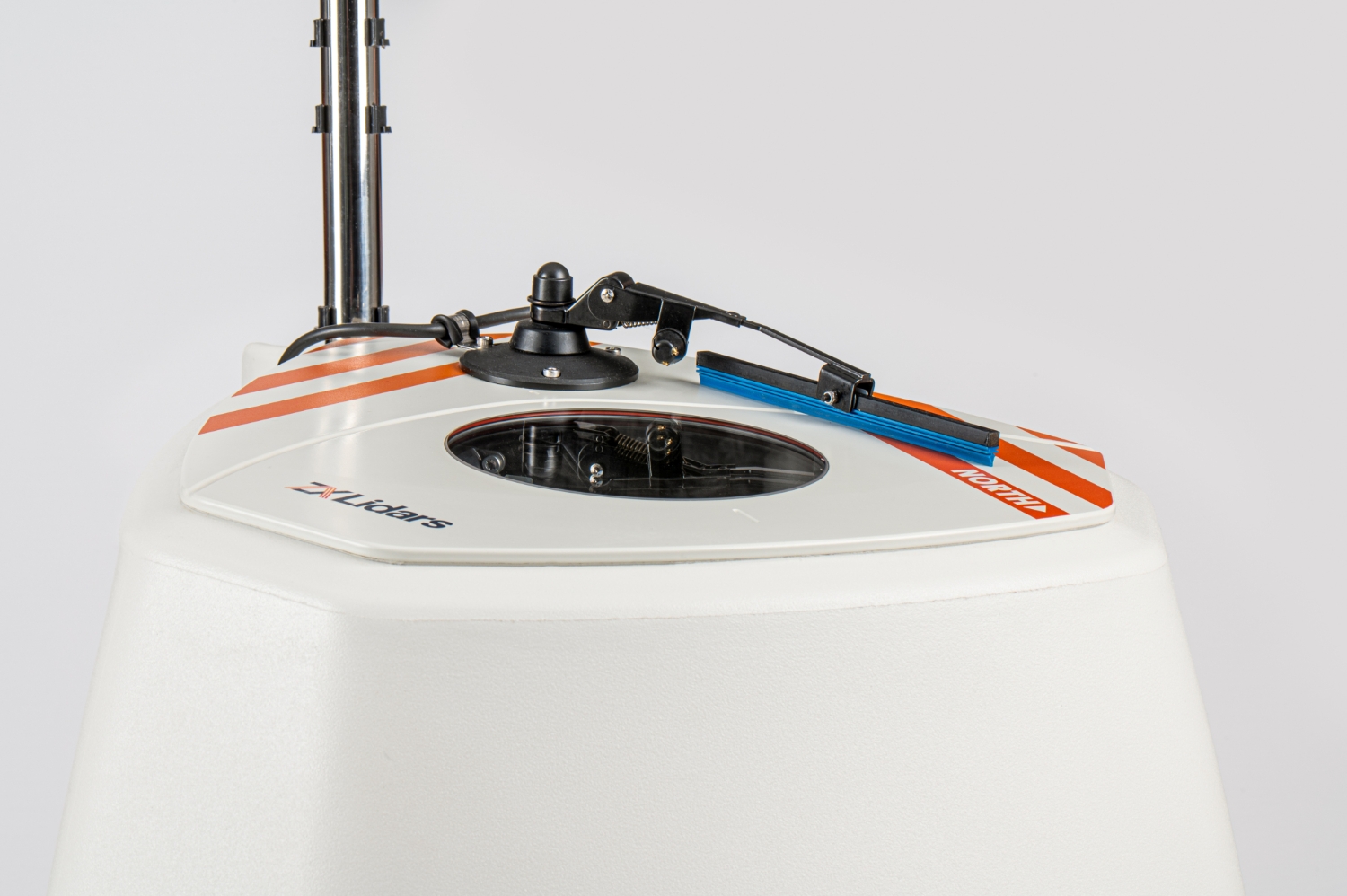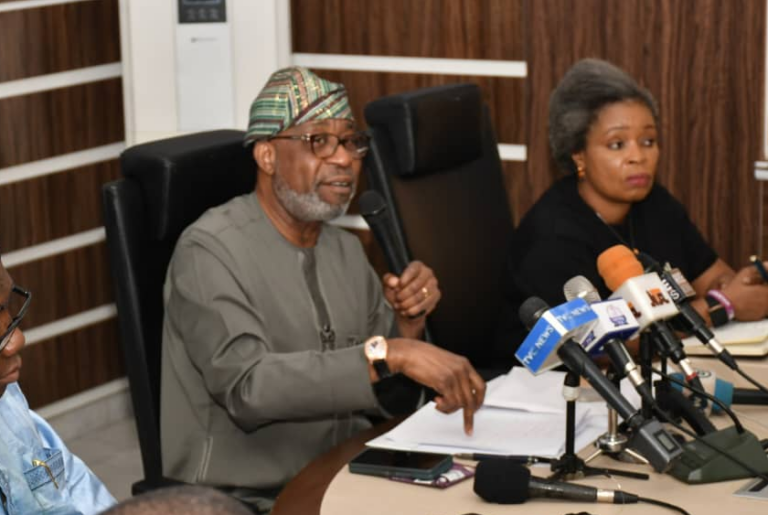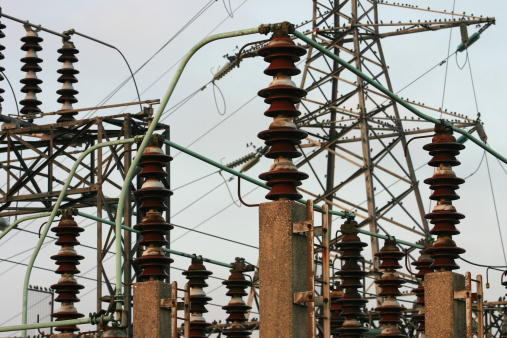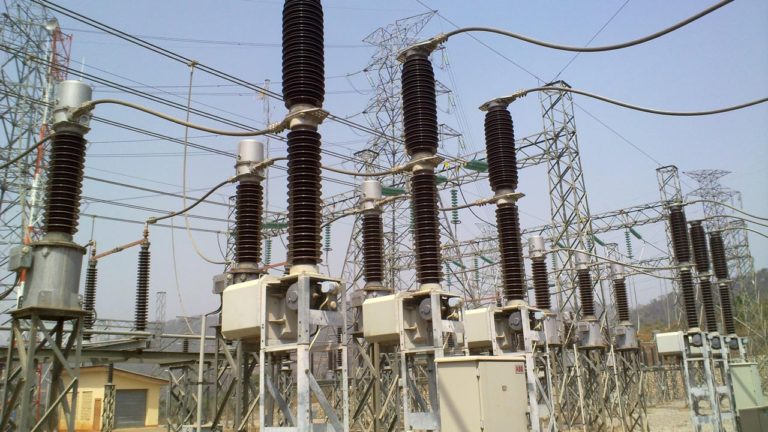A deluge of investments are pouring into Nigeria’s off-grid electricity initiative which is targeting key economic clusters across the country. The initiative is conceptualised to free the national grid system that has proved unreliable even after unbundling the monopolistic National Electric Power Authority (NEPA) and eventual partial privatisation of the power sector in 2013.
The aim of the off grid electrification strategy of federal government is to accelerate electricity distribution across various strata of the society with emphasis on promoting Small and Medium Enterprises (SMEs) using sustainable electricity mix.
Under the Energising Economies Initiative (EEI), the federal government intends to boost rapid deployment of off-grid electricity solutions that will provide clean and consistent power to economic clusters in Nigeria The key focus of the EEI is clusters of economic activities like markets, shopping plazas/complexes, agricultural/ industrial clusters The EEI is about developing a nascent subsector of over 300 off-grid projects over the next three to five years with a total upfront investment $1.8 – $2 billion across all phases and 70 per cent of projects will be based on renewable energy. Already, the initiative has begun to attract both international and local investors who have shown interest in some key areas along the grid corridor.
From statistics accessed by LEADERSHIP Sunday from the Rural Electrification Agency (REA), the World Bank has provided significant financial support of about $350 million leveraging an expected $1 billion in investment. LEADERSHIP Sunday learnt that of the amount, $150 million is to develop mini grid facilities, providing additional $300 million investment window for the private sector. Under the arrangement, in the next five years, over 300,000 households in Nigeria will have access to electricity and 30,000 SMEs will also be connected to the grid system from 1,000 mini grid projects.
Similarly, from the World Bank support, $15 million would be used as accelerated grant to high potential importer-distributor with $60 million output-based grants to provide electricity to 1.5 million households in the next five years. According to statistics, out of 186 million Nigerian population in 2016, 95 million live in rural areas, and 39.3 per cent of those rural dwellers have no access to electricity. Under the World Bank support, about $105 million would be committed to developing power grid infrastructure to serve 37 federal universities and seven affiliate hospitals.
According to Mrs. Anita Otubu, head of special projects of REA, Nigeria is developing a data driven off-grid model that will become an exemplar for sub-Saharan Africa and government is utilising the funding from the Nigerian Electrification Project (NEP) as a catalyst to scale up rapid implementation of off- grid solutions across Nigeria. Otubu, in a document exclusively made available to LEADERSHIP Sunday, said the project promotes the use of a decentralised, multi-demographic approach to power infrastructure delivery.
According to the document, Nigeria intends to develop 10,000 mini grids by 2023 which will provide power to 14 per cent of the population, increase economic growth in critical sectors, e.g. agriculture, and provide reliable power supply for 250,000 SMEs as well as provide uninterrupted power supply in federal universities and university teaching hospitals. The project intends to deploy five million solar standalone systems for residential and SMEs by 2023 to further support federal government’s climate change obligations under the Paris Agreement, with respect to promoting renewable and reducing carbon emissions. The Rural Electrification Agency (REA) is a federal government agency under the Ministry of Power, Works and Housing, with the primary objective of increasing electricity access to rural and underserved communities.
In line with this objective, the agency has developed the off-grid electrification strategy. Part of this strategy is to fast-track some of its development initiatives towards achieving the overall objective of government’s Economic and Recovery Growth Plan (ERGP) and the Power Sector Recovery Programme (PSRP). Meanwhile a Greek firm, METKA, the strategic business unit of MYTILINEOS S.A, leading international EPC contractor and industrial manufacturing group, has already sought a huge investment initiative, announcing the investment of $10million to accelerate off and mini grid opportunities in Nigeria. The investment will help to boost access to power to several households and SMEs in Nigeria. With the launch of EXERON, a unique and innovative power conversion system that provides reliable power in non-electrified regions and unreliable grid locations, the firm has established its footprint in the country’s electricity industry to support ongoing incremental power initiative of government.
A result of the combination of resources and expertise of METKA and International Power Supply (IPS), EXERON is the most advanced hybrid off-grid system, delivering uninterrupted output power through intelligent control of various energy sources, including solar panels, wind turbines, the electrical grid, and/or diesel generators. On how the system works, METKA project director, Dimitrios Triantafyllopoulos, said: “EXERON intelligently combines various power sources with battery storage to reliably provide baseload power. Battery banks are used to store energy for later use at night-time, for peak shaving during daytime or to provide resilient energy to the load during grid outages. It is an affordable and efficient solution suitable for a wide range of applications, including residential, industrial, oil and gas, telecoms, defence and security.” He told the LEADERSHIP Sunday on the sidelines of the event that the company would be investing about $10 million under its short and medium term initiative, and that already over 300 persons, including contractors, had been engaged under the process.








